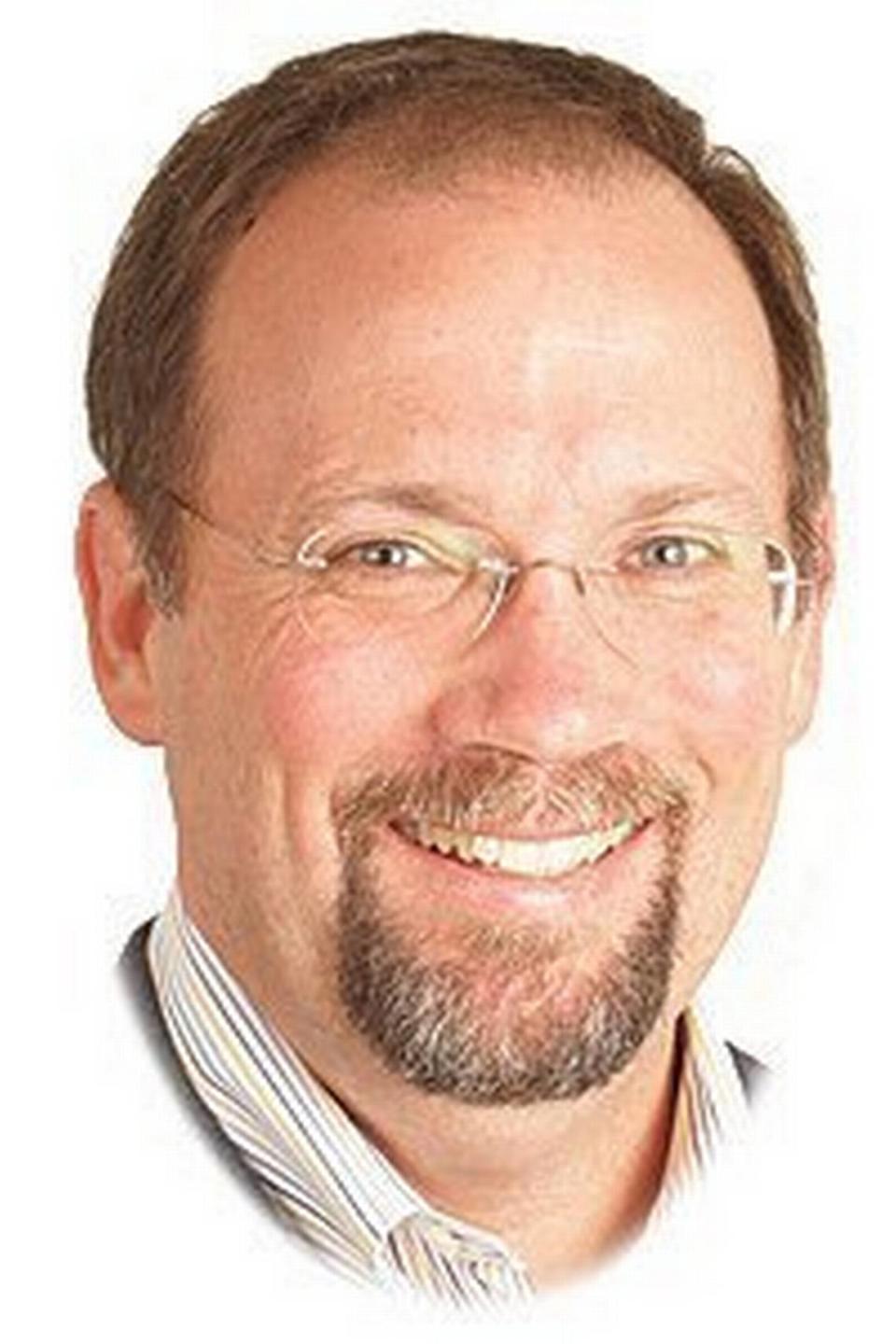Faith | Healthy, authentic living is in knowing how and when to incline, recline, decline
Are you curious about words, about their roots, history, evolution? It’s a small side hobby of mine.
Perhaps during the frequent gray days of early winter, as we are tempted to spend more time between the covers, you will find this little etymological foray of interest and enlightenment.
Take the word, cline.
Cline, from Greek kline “bed” and Latin clinare “lean or bend,” is the root word of several common and functional words, as well as words that may only appeal to select groups. By itself, cline seems to be used mostly by scientists, as described below. But when combined with certain prefixes, cline helps us understand our being and behaving.
Examples include decline which refers to becoming more bed-like and implies going downward or even stopping (like saying “No”) or slowing a certain progress (like fading or dying vitality). Incline refers to leaning or bending up from a bed-like flatness and implies going upward (like a rising trail or trajectory). Recline means returning to bed and implies leaning back toward the supine flat-on-back position (like a recliner chair).
Another example is clinics which are usually specialty offices with beds where persons go to seek medical, dental, therapeutic, and other treatments.
Lesser-known cline-words include acline, the magnetic equator of the earth; isocline used in maps and advanced mathematics, anticline and geosyncline which are geological phenomena related to—guess what?—bedrock; and halocline and thermocline which describe different oceanic layers. However, “DOCLINE” (a web-search site), neckline, and Patsy Cline don’t count.
So, why this brief exercise in grammatical research?
Part of it is that we are so familiar with beds. We spend a fair amount of time in bed, perhaps a third of our given hours. Usually it is because we are sleeping (recline). Occasionally it is because we are sick or hurt (clinic). And ultimately it is because our health is fading or dying (decline).
A lot of our human energy is spent going up from (inclining), or down to (declining), or over and around (anticlining?) the pull of gravity toward a state of rest ... in beds. The gravity of the earth pulls our bodies and energies down over time. We go in and out of various life-clinics. We decline opportunities. We are inclined to do this or that. And many of us will recline on a comfortable couch whenever we can!
Healthy, authentic living seems to be found in knowing how and when to incline, recline, and decline. Learning how to bend, flex, and adapt to life’s changes is essential.
It’s important to realize we need to rest on a regular and sufficient basis. And remembering that we will all someday rest that Great Rest in death tends to give isocline or balance and wisdom to the mapping of our lives.
Lastly, knowing Who or What or Where is our bedrock of life and faith and hope and love pulls us in with a personal acline or magnetic centeredness, embedding our sense of being humanly and behaving humanely as possible.

Timothy J. Ledbetter, DMin, BCC is a retired American Baptist-endorsed professional chaplain and member of Shalom United Church of Christ in Richland. Questions and comments should be directed to editor Lucy Luginbill in care of the Tri-City Herald newsroom, 4253 W. 24th Avenue, Kennewick, WA 99338. Or email lluginbill@tricityherald.com.

